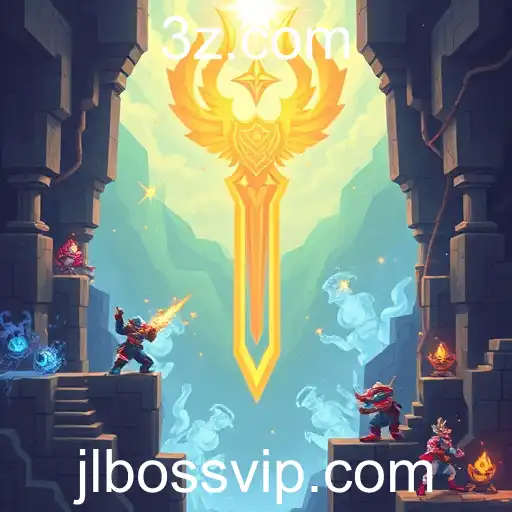
In recent years, the landscape of online gaming has undergone a significant transformation. As we navigate 2025, game developers and platforms are engaging with players like never before. Websites like 'jlboss' have become central to this revolution, providing a space where gamers can not only play but also communicate and collaborate.
The concept of interactive gaming communities is not new, but the depth and breadth of interaction are reaching unprecedented levels. Modern gaming websites have evolved from mere repositories of games to vibrant social networks that facilitate player interaction, foster community building, and encourage feedback loops between developers and gamers.
One notable trend is the incorporation of real-time feedback mechanisms that allow players to influence game development. This has been made possible through forums, social media integration, and specialized feedback tools that websites are increasingly utilizing. 'jlboss', for instance, offers a platform where players can directly contribute to the discussion on game features, enabling a more democratized approach to game development.
The community dynamics of such platforms are driven by common interests but are sustained by active engagement and shared experiences. In-game events, community challenges, and collaborative projects are now common features that not only enhance the gaming experience but also strengthen the bond among community members.
Global trends in technology, such as the integration of augmented reality (AR) and virtual reality (VR), are also shaping the way games are developed and played. These technologies offer an immersive experience that blurs the line between virtual and reality, pushing the envelope of what is possible in gaming interactions.
Furthermore, the economic impact of these communities cannot be overlooked. The rise of eSports and streaming has opened new revenue streams for both developers and players. Websites like 'jlboss' are capitalizing on this trend by hosting tournaments and offering monetization options for streamers, further solidifying the role of gaming communities as central to the digital economy.
As we look to the future, it's clear that the evolution of gaming communities will continue to be shaped by innovation and player-driven initiatives. The interplay between technology and community engagement will be critical in defining the next phase of online gaming. Websites and platforms that embrace these changes are likely to lead the transformation of digital interaction in the world of gaming.


